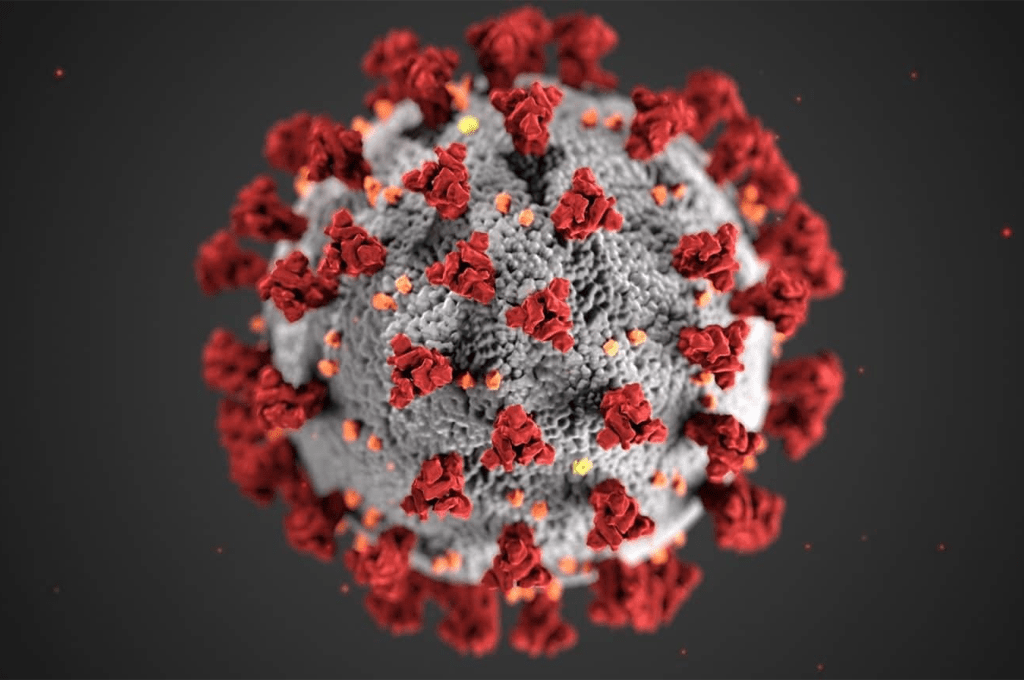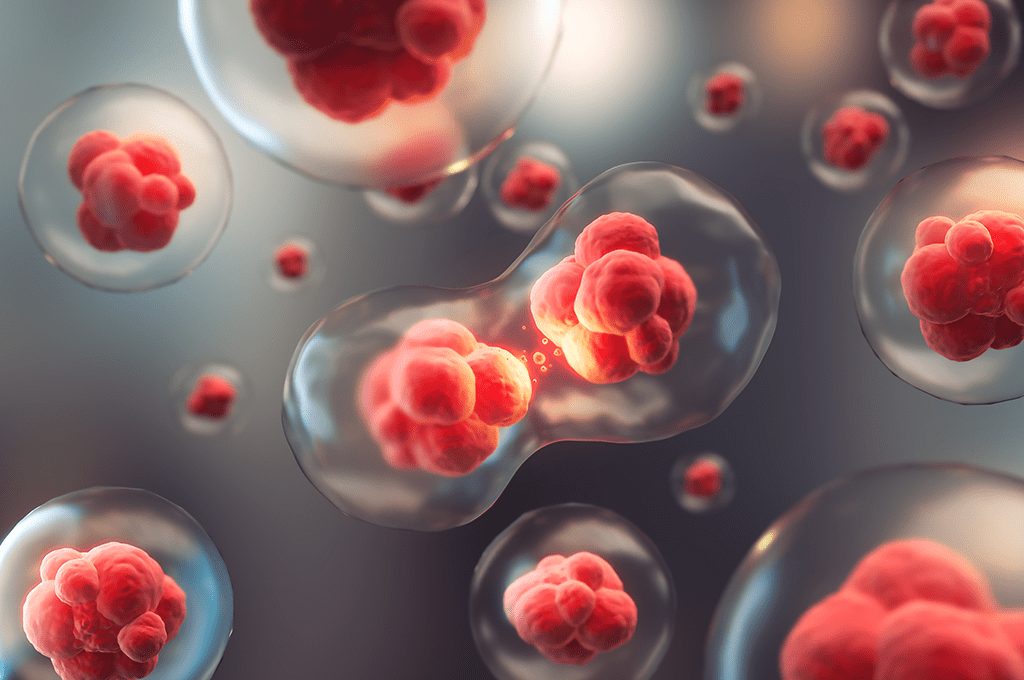LifeTime Roadmap looks towards the future of European healthcare
More than a hundred European researchers, including SciLifeLab researchers Emma Lundberg (KTH) and Sten Linnarsson (KI), industry leaders, policy makers and clinicians have united in a new vision to revolutionize healthcare. Together, they now present a roadmap for the next decade. Detailing how to make use of the latest scientific breakthroughs and technologies to enable earlier detection, and more effective treatment of diseases throughout an individual’s lifetime.
The roadmap, published as a perspective letter in Nature, has been developed under the LifeTime initiative, co-coordinated by the Max Delbrück Center of Molecular Medicine in the Helmholtz Association (MDC) in Berlin and the Institut Curie in Paris, and is a strategy meant to advance the treatment for five major disease classes: cancer, neurological, infectious, chronic inflammatory and cardiovascular diseases.
“This perspective article describes a strategic roadmap for implementing cell-based interceptive medicine in Europe within the next decade. The article provides a vision for how technology development in single-cell multi-omics and imaging, artificial intelligence and patient-derived experimental disease models can underpin this vision. It also discusses how academia, industry, healthcare and educational sectors need to work together to enable the vision”, says Emma Lundberg.
The LifeTime initiative aims to use three emerging fields of research to battle disease on a massive scale in Europe in the coming decades, with single-cell multi-omics and imaging, artificial intelligence and patient-derived experimental disease models during progression from health to disease.
“There are hundreds of co-authors of this paper, and we have all contributed to different bits and pieces. I have personally contributed with my vision on spatial omics technologies, machine learning for image analysis and multiomics data integration.”, says Emma Lundberg.
Using these techniques they will be able to analyse large molecular and clinical datasets which might lead to new discoveries of molecular mechanisms. This knowledge can then be used to create predictive computational models of disease progression or reveal novel drug targets and therapies.
“The aim is a new age of personalized, cell-based interceptive medicine for Europe with the potential of improved health outcomes and more cost-effective treatments, resulting in profoundly changing a person’s healthcare experience.”, according to a press release from the MDC.
Today the necessary technologies exist to create accurate pictures of the molecular make-up of individual cells. With the new roadmap, the authors roll out an ambitious vision for the future that relies on a massive effort from all sectors. In the report, several major bottlenecks to achieving the full potential of the roadmap are identified.
“There are of course many challenges and hurdles to overcome to realize this vision. However, I do believe that a clearly articulated roadmap has the potential to align efforts in different European countries, facilitate interdisciplinary collaboration, and in that way accelerate the work towards this vision. For example, it is very clear that the data driven life science and cell biology efforts outlined in the SciLifeLab roadmap for the next decade, aligns very well with the LifeTime Initiative goals.”, says Emma Lundberg
“As a researcher in this field, I of course wish that such a perspective article will raise interest in pursuing this highly ambitious vision, both among scientists, funders, decision makers, and the general public.”





